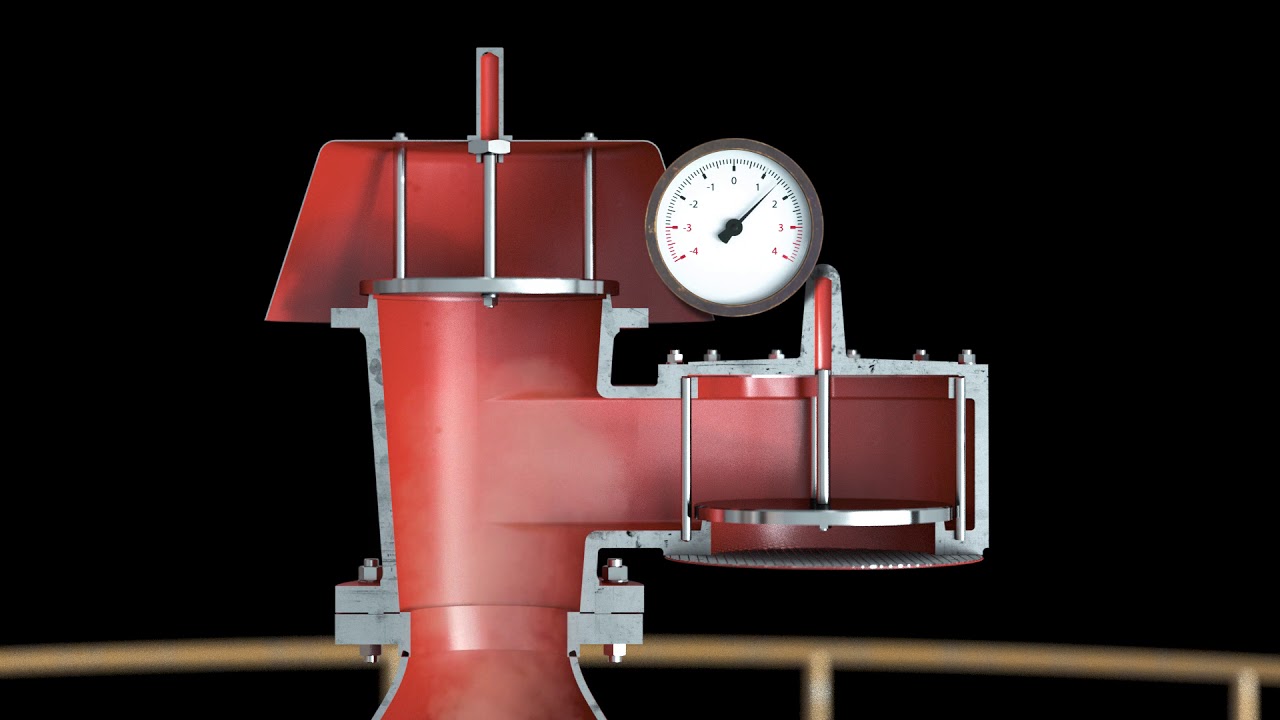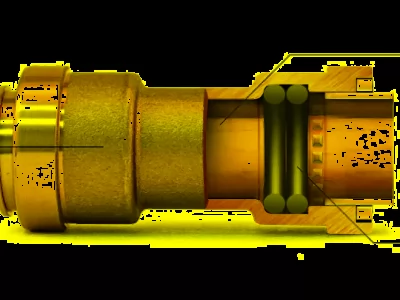In industrial settings where pressure differentials are common, the proper functioning of vacuum relief valves becomes crucial. Vacuum relief valves, also known as vacuum breakers or anti-siphon valves, are mechanical devices designed to control and regulate pressure differentials. They are typically installed in piping systems or containers to prevent excessive vacuum conditions that can lead to implosion or other hazardous situations. These valves play a vital role in maintaining efficiency and safety by regulating pressure differentials, preventing equipment damage, and ensuring personnel’s well-being. This article will discuss how vacuum relief valve products maximize efficiency and safety in various applications. Continue reading!
Optimizing Process Efficiency
Vacuum breakers help maintain optimal operating conditions in industrial processes where pressure fluctuations occur. By equalizing pressure differentials, these valves prevent unnecessary strain on pumps, compressors, and other equipment. This ensures the process operates smoothly, minimizing energy consumption and enhancing efficiency. By reducing system inefficiencies, these valves improve productivity and cost savings.
Protecting Equipment
Excessive vacuum conditions can pose a significant threat to equipment and containers. Anti-siphon valves act as a safety measure by automatically opening when the pressure differential reaches critical levels. By allowing air or other gasses to enter the system, these valves prevent implosion, structural failure, or collapse of equipment. By safeguarding machinery and containers from damage, vacuum breakers help minimize downtime, repair costs, and potential disruptions in operations.
Ensuring Personnel Safety
Anti-siphon valves play a crucial role in maintaining a safe working environment for personnel. Excessive vacuum conditions can lead to equipment failure, explosions, or other hazardous incidents. By equalizing pressure and preventing vacuum-induced failures, these valves eliminate potential risks to employees. This protects personnel from injuries and reduces liability and legal issues for businesses. These valves ensure a secure workplace and promote a safety culture.
Preventing Contamination
Maintaining sterile conditions is paramount in industries such as pharmaceuticals and food processing. Vacuum breakers help prevent contamination by equalizing pressure and preventing the entry of foreign substances into the system. These valves ensure contaminants do not infiltrate sensitive production or storage areas, maintaining product integrity and meeting regulatory standards. By preserving the purity of substances and preventing costly recalls, vacuum relief valves are crucial in industries with stringent quality control requirements.
Handling Hazardous Substances
Anti-siphon valves are vital in applications involving hazardous substances or chemicals. These valves help regulate pressure differentials, ensuring that volatile materials do not create dangerous conditions within the system. By controlling vacuum levels, they prevent the release of harmful gasses or the creation of unstable environments. Vacuum relief valves minimize the risks of handling hazardous materials, protecting personnel and the surrounding environment.
Versatility Across Industries
Anti-siphon valves find applications in diverse industries, including oil and gas, chemical manufacturing, water treatment, and more. Their adaptability makes them indispensable in various scenarios where pressure regulation is critical. Vacuum breakers can be customized to suit specific requirements, considering flow capacity, temperature compatibility, and media handling. Their versatility allows them to contribute to efficiency and safety in a wide range of applications, making them an essential component of industrial systems.
In conclusion, vacuum relief valve products are instrumental in maximizing efficiency and safety across multiple industries. These valves play a vital role in industrial operations by optimizing process efficiency, protecting equipment, ensuring personnel safety, preventing contamination, handling hazardous substances, and displaying versatility. Proper selection, installation, and maintenance of vacuum relief valves are essential to ensure their continued effectiveness. As pressure differentials remain challenging in various applications, vacuum breakers are indispensable for achieving operational excellence and mitigating potential risks.











Comments